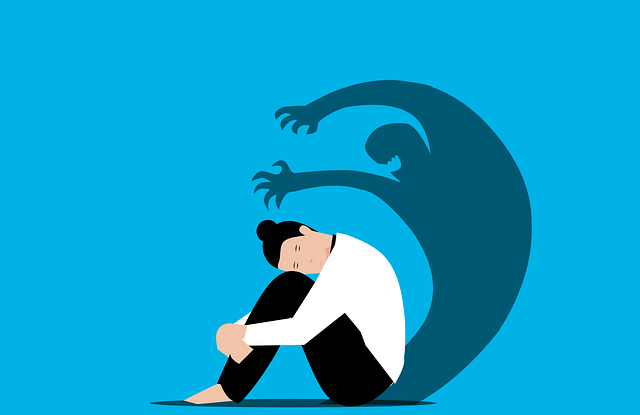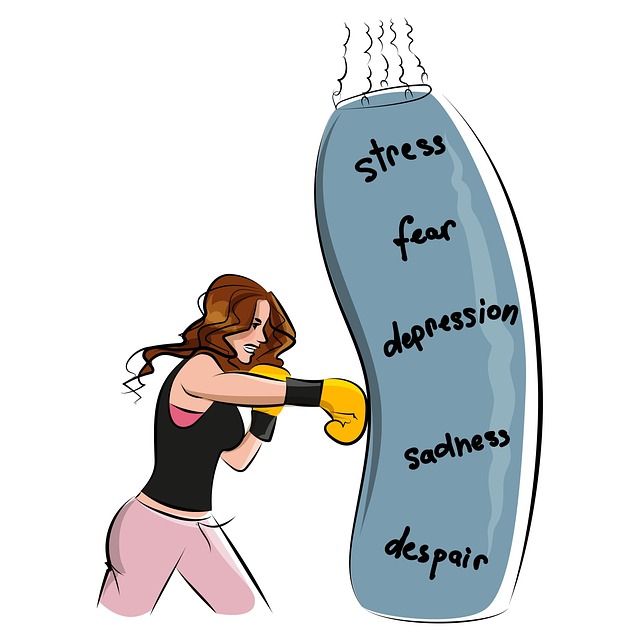Mindfulness meditation emerges as an effective therapy for young adults with OCD, helping them manage symptoms by cultivating emotional regulation skills and reducing compulsive behaviors. Starting with short sessions, individuals can improve their mental well-being and gain control over distressing thoughts through non-judgmental observation of thoughts. Consistent practice builds resilience, enhances emotional intelligence, and promotes a deeper sense of calm, ultimately improving quality of life for those dealing with OCD.
Discover the transformative power of mindfulness meditation as a therapy for young adults with Obsessive Compulsive Disorder (OCD). This comprehensive guide offers practical steps to integrate this ancient practice into your daily routine. Learn how simple, structured mindfulness exercises can help manage OCD symptoms, reduce anxiety, and enhance overall well-being. Get started with easy-to-follow guidance, overcome common challenges, and unlock the maximum benefits of mindfulness for a calmer, more focused mind.
- Understanding Mindfulness Meditation for OCD in Young Adults
- Getting Started with a Simple Practice Routine
- Overcoming Challenges and Maximizing Benefits
Understanding Mindfulness Meditation for OCD in Young Adults

Mindfulness meditation has emerged as a powerful tool for young adults navigating Obsessive Compulsive Disorder (OCD). This therapeutic approach focuses on training the mind to be fully present in the moment, observing thoughts and emotions without judgment. By cultivating mindfulness, individuals with OCD can develop better emotional regulation skills, enabling them to manage intrusive thoughts and reduce the urge to engage in compulsive behaviors.
The practice involves learning to acknowledge and accept one’s feelings, thus fostering resilience building and emotional healing processes. Through regular meditation sessions, young adults with OCD can gain a deeper understanding of their condition, cultivate non-reactivity to distressing thoughts, and develop healthier coping mechanisms. This, in turn, leads to improved quality of life and reduced symptoms associated with the disorder.
Getting Started with a Simple Practice Routine

Starting a mindfulness meditation practice doesn’t have to be complex or intimidating, especially for young adults navigating life’s challenges. Begin with a simple routine that fits seamlessly into your daily schedule. Aim for just 10-15 minutes per day, focusing on your breath and observing your thoughts without judgment. This foundational practice can significantly enhance emotional well-being, particularly for those dealing with issues like obsessive-compulsive disorder (OCD). Over time, you can gradually increase the duration and explore various guided meditations tailored to specific needs, such as anxiety relief or stress management—all integral parts of developing a robust self-care routine.
Public awareness campaigns can play a pivotal role in encouraging young adults to embrace mindfulness as a therapeutic tool. By destigmatizing mental health conversations and promoting emotional well-being through accessible practices, these campaigns empower individuals to take control of their mental health and explore alternative therapies like mindfulness meditation alongside traditional therapy for OCD.
Overcoming Challenges and Maximizing Benefits

Overcoming challenges is an integral part of any mindfulness meditation practice, especially for young adults navigating therapy for obsessive-compulsive disorder (OCD). It’s common to face setbacks and distractions during meditation, but these can be seen as opportunities for growth rather than failures. By understanding that our minds will wander, we can develop emotional intelligence and learn to gently redirect our focus without judgment. This cultivates emotional regulation skills, a crucial aspect of managing OCD symptoms.
Maximizing the benefits of mindfulness requires applying mind over matter principles. Regular practice helps strengthen mental resilience, enabling individuals to remain present even when faced with intense OCD thoughts or urges. With consistent effort, meditation can become a powerful tool for self-soothing and reducing anxiety, fostering a deeper sense of calm and control.
Mindfulness meditation offers a powerful tool for young adults navigating Obsessive-Compulsive Disorder (OCD). By understanding its benefits and implementing simple practice routines, individuals can overcome challenges and maximize the therapeutic effects. Remember that consistency is key; regular mindfulness sessions can transform OCD symptoms into manageable, even minimal, reminders of one’s inner strength and resilience. This holistic approach, combined with professional therapy for young adults with OCD, paves the way for a more balanced and fulfilling life.









